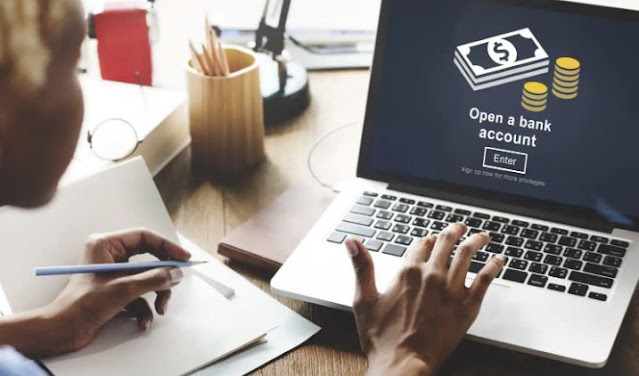
A checking account is a beautiful approach to managing your finances and might prevent fines. So the first step, whether you are an adult or a youngster, is to create a bank account to learn how to manage your money.
Open A Savings Account
Getting a savings account is an excellent way to ensure your savings are safe. This type of account is also ideal for building an emergency fund. These accounts are easy to open and can be used for various purposes.
Savings accounts typically pay a modest interest rate. This rate can vary by bank and may also change over time. Before opening your first account, it is crucial to read the terms and conditions.
Depending on your bank, there may be a minimum deposit requirement. This amount can be as low as $25 or as high as $100. This deposit can help you avoid fees.
You can deposit money online or over the phone.
Additionally, you may program automatic withdrawals from your bank account. It can be an excellent way to save money, avoid missing payments, and avoid overdrawn fees.
Opening a savings account online is easy and free. Once you submit your application, your bank will review it and let you know if you are accepted. Then you will need to provide your birthdate, a current address, and two forms of identification.
Avoid Fees
Choosing a new bank account online can be intimidating. Keeping track of transactions and satisfying your account criteria is the best action. These can be avoided, so shop around and read the fine print! Several banks levy a monthly maintenance fee. These may cost as little as $5 or as much as $25. For certain sums, some banks waive these charges. The best way to avoid a fee is to find an account with low maintenance fees.
Banks also charge fees for withdrawing money from an ATM. However, several banks offer accessible ATMs. If you need to transfer money frequently, consider getting an account with an ACH transfer option. This option may limit your money transfer, but it is usually free.
Another fee you may encounter is an overdraft fee. For instance, the bank will charge you an overdraft fee if the amount of the check you write for a purchase is less than the balance in your account. Therefore, it is essential to pay your overdrafts promptly to avoid being blacklisted.
Keep Track Of Your Money
Managing your financial future requires keeping track of your finances. Thankfully, there are various approaches you may take. Finding a solution that works for you is the key. There are several strategies to ensure you are spending what you have available, regardless of whether you choose an online bank account, a paperless checking account, or even a credit card.
One of the most basic and straightforward ways to do it is to write down every purchase you make. You will be able to keep track of your expenditures more accurately this way than your credit card company can. Consider printing out a weekly spending journal if you want free and easy ways to track your money. You can even use a credit card to record your purchases.
The most important part of this exercise is determining your actual expenses. It will accurately depict your monthly spending patterns. This information will allow you to manage your finances better and celebrate your progress. Then, depending on your personal preferences, consider a more sophisticated method, such as a budgeting app.
Introduce A Checking Account
Having a teen checking account can teach your kids the importance of money management and how to spend their hard-earned money wisely. It can also help them develop essential money skills that will carry over into their adult lives.
The best teen checking accounts offer digital banking and a convenient ATM network. They also provide free saving tools. They also give parents control over their child's finances by allowing them to set spending limits and deposit limits.
Teen checking accounts can be opened with an electronic transfer, a check, or cash. The FDIC should insure a teen checking account. You should also check to see if it offers financial literacy tools, such as transaction alerts and limits on debit card usage.
You should also choose an account that offers a mobile app with banking tools to help manage your teen's money. Some banks let you open an account online, while others require that a paper application is submitted in person.
